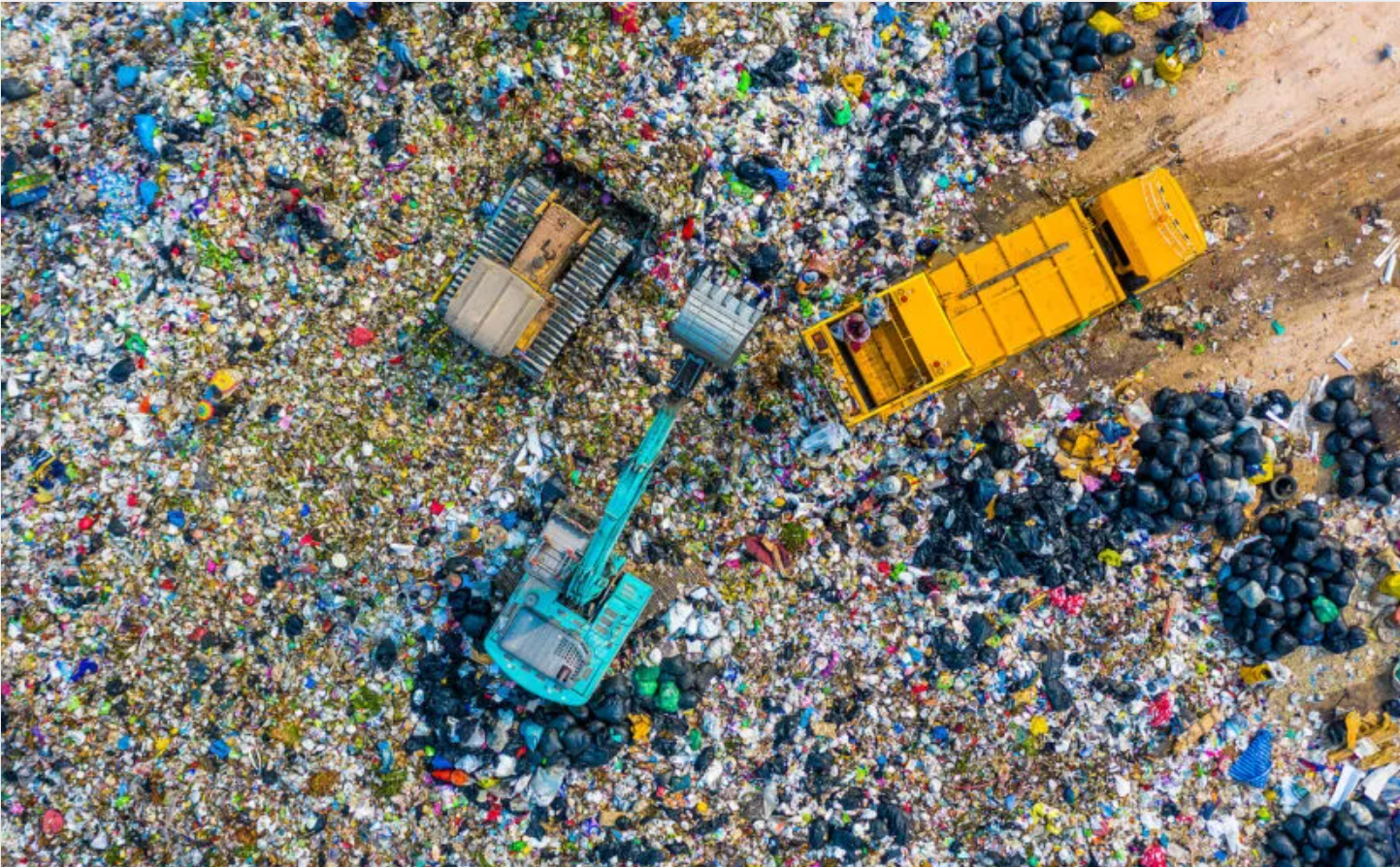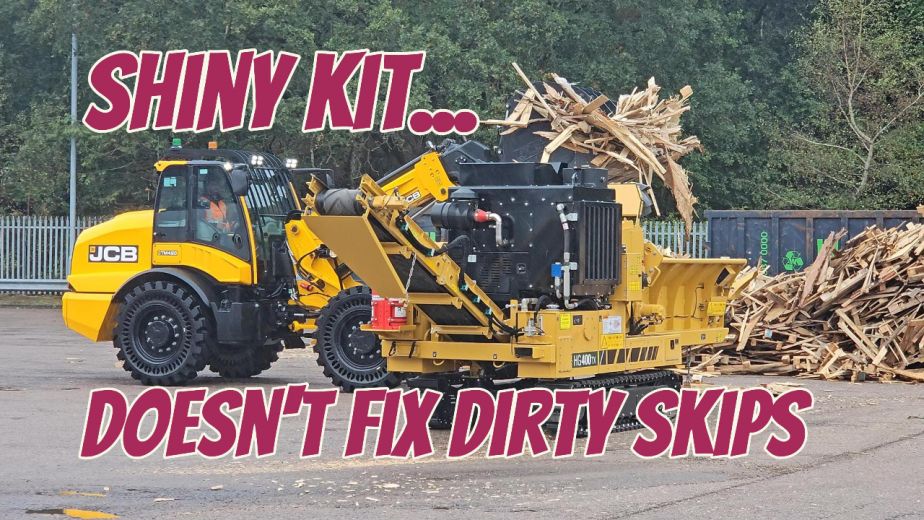In less than two years, the UK government is expected to scrap the qualifying fines regime. And by 2030, the entire lower rate of landfill tax could be gone.
That’s not some distant possibility. It’s the direction of travel already mapped out by the 2022 consultation. And if you think ministers are likely to change course — they’ve given you no reason to believe that.
So if your business handles lower-rate material, this is your wake-up call. The clock is ticking.
Because the businesses that thrive in the 2030s won’t be the ones who waited and hoped. They’ll be the ones who got moving when everyone else was still sitting on their hands.
Let’s talk about what that looks like — whether you handle C&I waste, C&D waste, or a mix of both.
For C&I waste firms: EfW strategy is critical
If you’re handling commercial and industrial waste — especially mixed “black bag” material — then securing access to Energy-from-Waste (EfW) capacity needs to be top of your list.
That means:
- Identifying local facilities that can handle your projected volumes
- Securing tipping agreements aligned to your growth plans
- Thinking beyond single sites and building contingency into your model
EfW downtime isn’t just a nuisance — it can derail your entire operation if you don’t have a plan B. (I’ve covered this in more detail [here — insert internal link to EfW downtime video/post]).
So the next time your local EfW rep calls, don’t slam the door. Get your calculator out. And if you’re not sure how to structure a deal that works long-term, we can help with that.
For C&D waste firms: Time to reinvent the model
If you’re focused on construction and demolition waste, the challenge is broader — and the opportunity, bigger.
Here’s what needs to be on your radar:
1. Embrace the circular economy
This is no longer a buzzword for policy wonks. It’s becoming central to how construction clients think about materials, risk and reputation.
If your entire business model is built on “disposal”, you’re already out of date. You need to reframe your offer around materials recovery, resource efficiency and product reuse.
2. Get specification-savvy
You need to know the technical requirements for materials used in different sectors — housebuilding, commercial construction, roadworks and so on.
Can you meet those standards? Can your outputs become someone else’s certified input? Especially in the prefab and modular sectors, where demand for consistent recovered material is rising.
3. Don’t go it alone
If you’ve got access to arisings but no reprocessing infrastructure, partner with someone who has.
That might mean co-investing, collaborating, or even looking at merger and acquisition opportunities in your area.
Because the winners in this next chapter will be the ones who connect the dots — not the ones hoarding a single piece of the puzzle.
Old-school tactics won’t cut it anymore
Let’s be honest: a lot of waste businesses today are still trying to run on models built in the 1980s.
Back then, you could hustle your way to success. Get skips out the gate. Pocket the cash. Sleep well.
But that era’s long gone.
The modern waste business is a different beast. It’s about:
- Compliance
- Digital systems
- Skilled leadership
- And above all, cost control
You can’t run a compliant, efficient operation on scribbled notes and crossed fingers. You need process, data, structure — and a clear sense of where you’re going next.
Now is the time to lead — not to lag
The waste businesses that will still be here in 2030 are already adapting today. They’re:
- Diversifying away from landfill
- Restructuring commercial models
- Building smarter partnerships
- Tightening operations and margins
If that’s where you want to be — I can help you get there.
Whether it’s contract strategy, commercial planning or operational change, my team specialises in helping waste and recycling businesses get future-fit.
Let’s talk about how your business needs to adapt.
Gerald Price is a multi-disciplined business consultant specialising in the efficiency, improvement and development of established businesses (£3m+ turnover).
Gerald is available to lead bids for tenders of all sizes and complexities, or to support and mentor internal business development teams.



